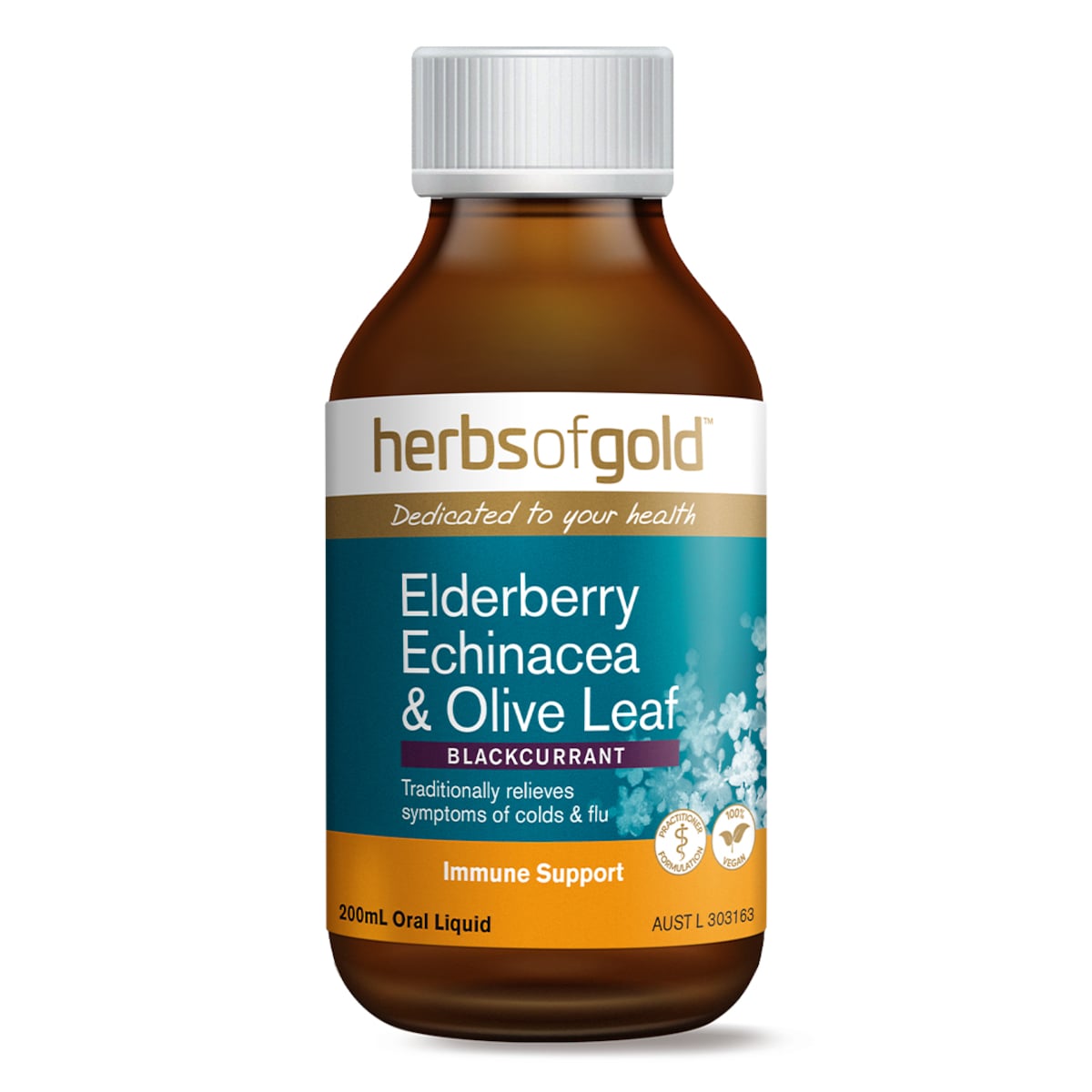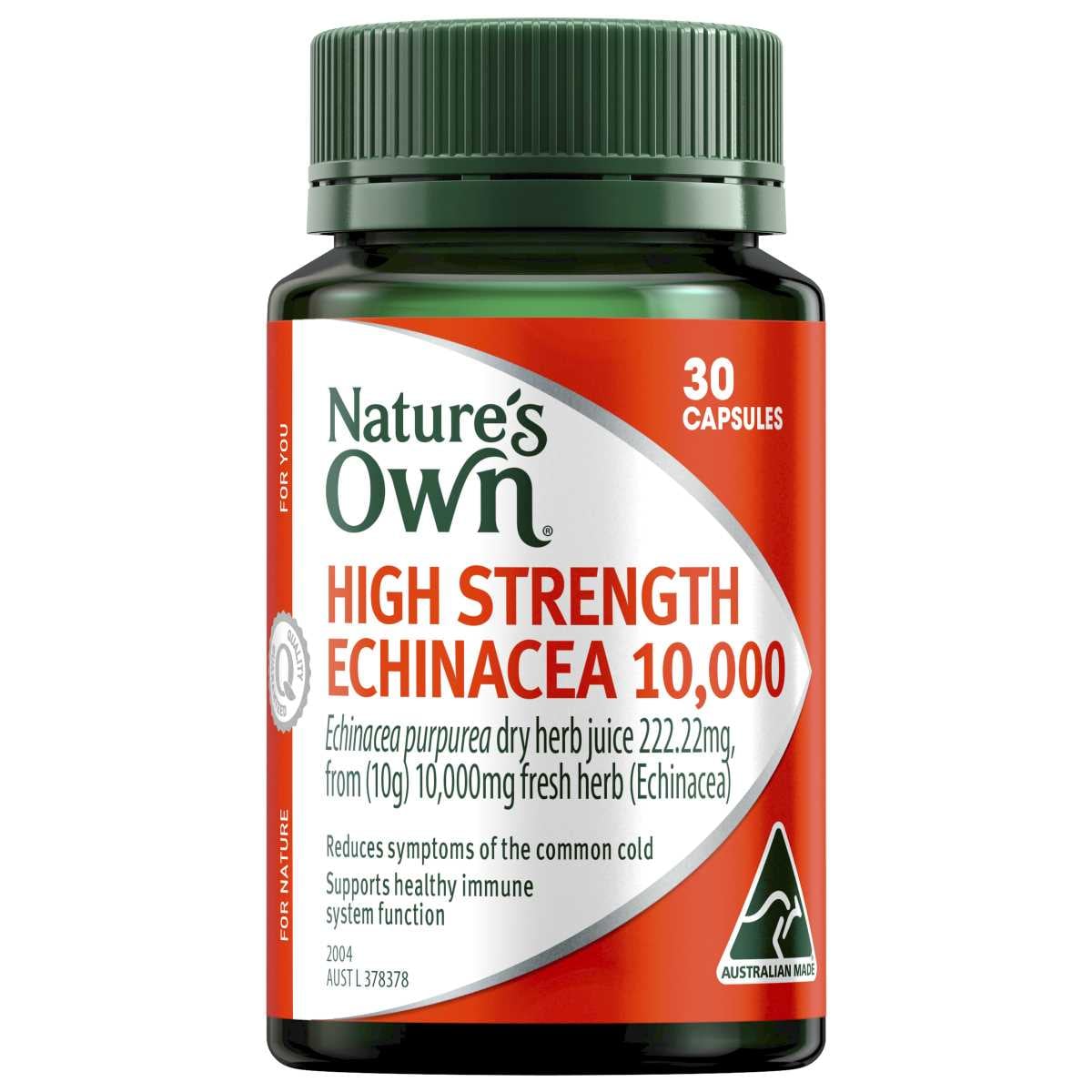Echinacea is a group of herbaceous flowering plants commonly used in traditional medicine, particularly to support immune function. Often referred to as “coneflowers,” these plants have been popular for centuries for their potential to help fight off infections and reduce the severity of colds and flu. This guide provides an in-depth look at echinacea, including its active components, health benefits, common uses, dosage recommendations, and safety considerations.
What Is Echinacea?
Echinacea is a genus of plants in the daisy family (Asteraceae) native to North America. The most commonly used species for medicinal purposes include Echinacea purpurea, Echinacea angustifolia, and Echinacea pallida. Traditional Native American medicine utilized echinacea for a variety of ailments, and today it is widely marketed as a natural immune booster.
Key Components:
- Alkamides: Compounds believed to modulate immune responses and possess anti-inflammatory properties.
- Polysaccharides: High-molecular-weight carbohydrates that may enhance immune function.
- Caffeic Acid Derivatives: These antioxidants help protect cells from oxidative stress.
- Glycoproteins: Proteins that may play a role in modulating the immune system.
Health Benefits of Echinacea
Echinacea is most renowned for its potential immune-supporting effects, but research has explored several other health benefits:
1. Immune System Support
- Immune Modulation:
Echinacea is believed to stimulate the immune system, enhancing the activity of white blood cells and cytokines. This can help the body respond more effectively to infections. - Cold and Flu Prevention:
Some studies suggest that echinacea may reduce the duration and severity of common colds and respiratory infections when taken at the onset of symptoms.
2. Anti-Inflammatory Properties
- Reducing Inflammation:
The active compounds in echinacea may help lower inflammation, potentially benefiting conditions associated with inflammatory processes. - Symptom Relief:
By modulating inflammatory responses, echinacea might contribute to reduced discomfort during infections or allergic reactions.
3. Antioxidant Effects
- Cellular Protection:
Antioxidants in echinacea help neutralize free radicals, which can protect cells from damage and support overall health.
4. Additional Potential Benefits
- Wound Healing:
Preliminary research indicates that echinacea may enhance wound healing by promoting skin cell regeneration and reducing inflammation. - Anti-Viral Activity:
Some studies suggest echinacea may have antiviral properties, though more research is needed to fully understand its effectiveness against specific viruses.
Forms and Usage
Echinacea is available in several forms, allowing for different methods of consumption based on personal preference:
- Capsules/Tablets:
Standardized extracts provide a convenient and consistent dose of active compounds. - Liquid Extracts/Tinctures:
These are concentrated forms that can be taken directly or diluted in water. They are often preferred for faster absorption. - Teas:
Dried echinacea leaves and roots can be brewed into teas, which are a popular way to enjoy the herb. - Topical Preparations:
Some skincare products include echinacea for its potential anti-inflammatory and wound-healing properties.
Dosage Guidelines
Dosage recommendations for echinacea vary based on the form, product standardization, and individual health needs. Common guidelines include:
- Capsules/Tablets:
Typical dosages range from 300 mg to 500 mg of standardized extract taken two to three times per day. - Liquid Extracts/Tinctures:
A common dosage is 1–2 mL (or as directed on the product label) taken two to three times per day. - Duration:
Echinacea is often used for short-term support—such as at the onset of cold symptoms—rather than as a continuous, long-term supplement. Some users may take it for a period of 7–10 days during times of increased risk of infection.
Note: Always follow the manufacturer’s instructions and consult with a healthcare provider for personalized dosing recommendations, especially if you plan on using echinacea for extended periods.
Potential Side Effects and Considerations
Echinacea is generally well tolerated, but there are some important considerations:
- Allergic Reactions:
Individuals with allergies to plants in the Asteraceae family (such as ragweed, chrysanthemums, marigolds, and daisies) may be at higher risk for allergic reactions to echinacea. Symptoms can include skin rash, itching, or swelling. - Digestive Discomfort:
Some users may experience mild gastrointestinal upset, such as stomach pain or diarrhea, especially when starting supplementation. - Duration of Use:
Echinacea is typically used for short-term immune support. Long-term use may not be appropriate for everyone and could potentially lead to diminished effectiveness. - Interactions with Medications:
Echinacea may interact with immunosuppressive drugs, and individuals with autoimmune conditions should consult with a healthcare provider before use. - Quality of Product:
Choose high-quality, standardized products from reputable manufacturers to ensure consistency and efficacy.
Frequently Asked Questions (FAQ)
Q1: Who should consider taking echinacea?
A: Echinacea is commonly used by individuals looking to support their immune system, particularly during cold and flu season. It may also be beneficial for those who experience frequent infections or want short-term immune support. People with certain allergies or autoimmune conditions should consult a healthcare provider first.
Q2: How long should I take echinacea for it to be effective?
A: Echinacea is typically used for a short period—often 7 to 10 days—at the onset of symptoms or during periods of increased exposure to pathogens. Long-term continuous use is not generally recommended without professional guidance.
Q3: Can I take echinacea every day?
A: While short-term daily use is generally safe for boosting the immune system during times of need, long-term use should be discussed with a healthcare provider. Some research suggests that prolonged use may diminish its effectiveness.
Q4: Are there any side effects of echinacea?
A: Most people tolerate echinacea well, though some may experience mild allergic reactions or digestive upset. If you notice any adverse effects, discontinue use and consult a healthcare provider.
Q5: Can echinacea be combined with other supplements?
A: Yes, echinacea is often used in conjunction with other immune-supporting supplements, such as vitamin C or zinc. However, if you are taking prescription medications or have underlying health conditions, consult your healthcare provider before combining supplements.
Final Thoughts
Echinacea is a widely recognized herbal remedy with a long history of use for supporting immune function and reducing the severity of infections. Whether you choose to take it in capsule form, as a tincture, or as a tea, echinacea can be a valuable tool in your wellness regimen, particularly for short-term immune support during the cold and flu season. As with any supplement, it’s important to choose high-quality products, follow recommended dosages, and consult with a healthcare provider to ensure it’s appropriate for your individual needs.
Disclaimer: This article is for informational purposes only and does not replace professional medical advice. Always consult with a healthcare provider before starting any new supplement regimen or making significant changes to your diet or lifestyle.





